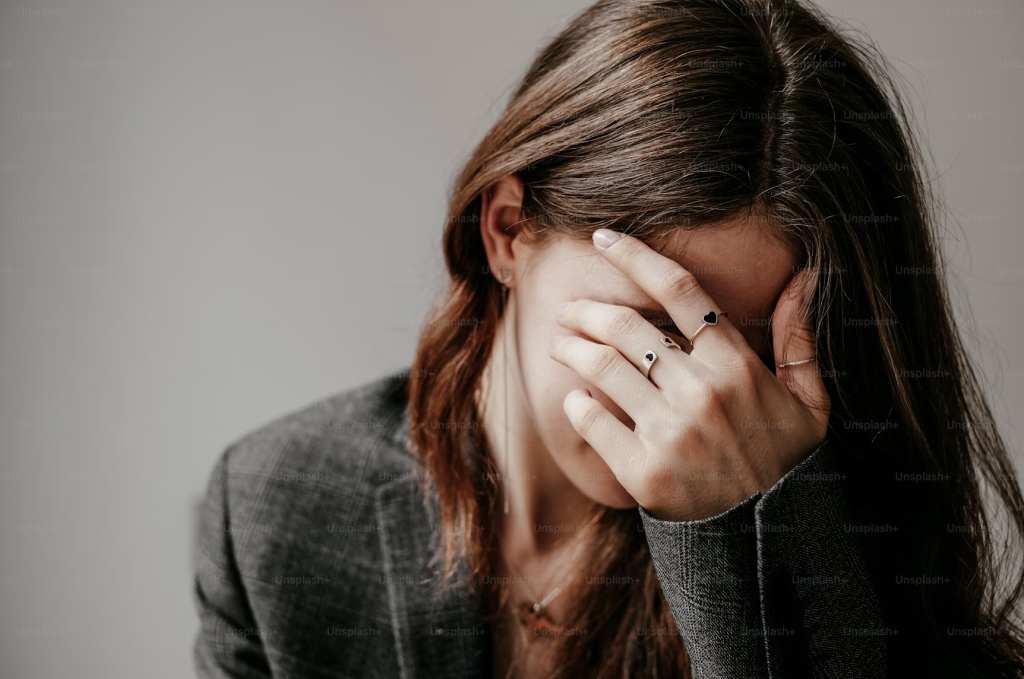Depression is heavy. When you’re in it, it feels like being stuck in a deep, dark pit with no way out. The critic in your head is loud and mean, telling you that you’re not enough and that things will never get better.
This is the reality for millions of people every year. Depression is one of the most common mental health issues, and when left untreated, it can linger for months, or even years. The good news is that depression treatment works. With the right support, people do get better.

Depression Treatment: Why It’s So Important
A low mood that lasts for days or weeks is difficult enough. But when sadness, guilt, or emptiness stretch on for months, it may be what professionals call a “depressive episode.”
In chronic depression, symptoms can last for years, affecting daily life, relationships, and even physical health. Treatment can shorten depressive episodes, reduce symptoms, and restore hope.
Without support, moderate or severe depression often does not improve quickly on its own. That’s why early intervention is so important.
What Depression Feels Like
When people describe depression, they often use words like:
- “I feel like I’m drowning in darkness.”
- “I can’t find the energy to care anymore.”
- “My own thoughts are attacking me.”
That’s because depression criticizes constantly. It questions your worth, magnifies self-doubt, and makes the future seem hopeless.
Understanding that these are symptoms of an illness—not a reflection of your true self—is the first step toward healing.
Depression Treatment: Where to Begin
If you recognize these symptoms in yourself or someone you love, know that help is available. Seeking depression treatment isn’t weakness- it’s courage. Here are common and effective approaches:
- Psychotherapy (Talk Therapy)
- Working with a therapist allows you to explore thoughts and feelings in a safe space.
- Therapists help you understand patterns and find healthier ways to cope.
- Cognitive Behavioral Therapy (CBT)
- Focuses on identifying and changing negative thought cycles.
- Includes exercises to shift habits, like re-engaging with hobbies or social activities.
- Medication (when needed)
- Antidepressants can balance brain chemistry, reducing symptoms.
- Usually paired with therapy for the best long-term results.
- Support Systems
- Partners, friends, and family play a crucial role.
- Support groups and community centers provide encouragement and resources.
Cognitive Behavioral Therapy as a Depression Treatment
CBT is one of the most widely used therapies for depression, and with good reason. Depression often traps people in harmful cycles:
- Negative thoughts → Withdrawal → More isolation → Worsening mood.
CBT works by breaking these patterns step by step.
For example, someone may stop exercising or meeting with friends because they feel drained. Over time, this deepens loneliness and sadness. In CBT, the therapist helps the person recognize this cycle, then supports them in small steps to reintroduce positive activities.
The goal isn’t to “snap out of it” but to rebuild hope and energy piece by piece.
Somatic and Lifestyle Treatments for Depression
Beyond talk therapy, there are treatments that focus on the body as well as the mind. These can complement psychotherapy:
- Exercise: Movement boosts endorphins and can ease depressive symptoms.
- Sleep hygiene: Consistent, restful sleep helps regulate mood.
- Mindfulness and meditation: Tools to quiet the inner critic and stay grounded.
- Medical interventions: In severe cases, treatments like TMS (transcranial magnetic stimulation) may be an option under professional care.
Tools to Support Depression Treatment at Home
Alongside professional help, there are daily practices that can support recovery:
- Keep a journal: Write down critical thoughts to challenge them later with your therapist.
- Set small goals: Even small steps like doing the dishes or taking a walk matter.
- Stay connected: Reach out to a trusted friend when isolation feels tempting.
- Practice self-compassion: Notice when the inner critic is loud, and remind yourself it’s depression talking, not reality.
The Role of Relationships in Depression Treatment
Loved ones are powerful allies in recovery. Depression often convinces people to withdraw, but supportive connections can provide stability and encouragement.
- For partners, friends, and family: Listen without judgment, offer help with daily tasks, and remind your loved one they are not alone.
- For the person with depression: Accepting support can feel difficult, but letting others in can make a big difference.

Hope and Healing Are Possible
When you’re deep in depression, it can feel endless. But countless people have found light again through depression treatment. With professional therapy, supportive relationships, and practical coping tools, recovery is within reach.
Every small step: Reaching out for help, attending therapy, or practicing self-care- is a victory. And those steps add up.
Depression may be a loud critic, but it doesn’t have to define your story. Treatment works, and you don’t have to face the darkness alone.
If you or someone you know is struggling, reach out for help. Talk with a therapist, confide in a trusted friend, or explore local resources. With the right support, it’s possible to move from hopelessness to healing.
Depression treatment is about more than reducing symptoms, it’s about reclaiming life, hope, and connection.

